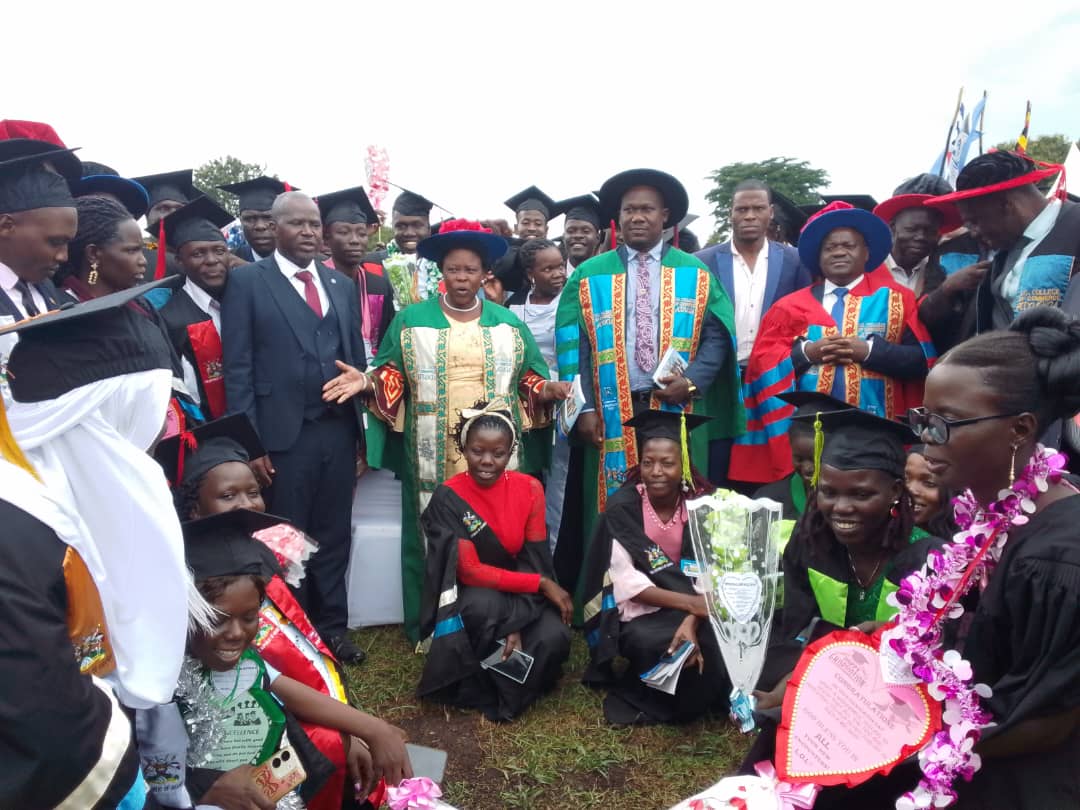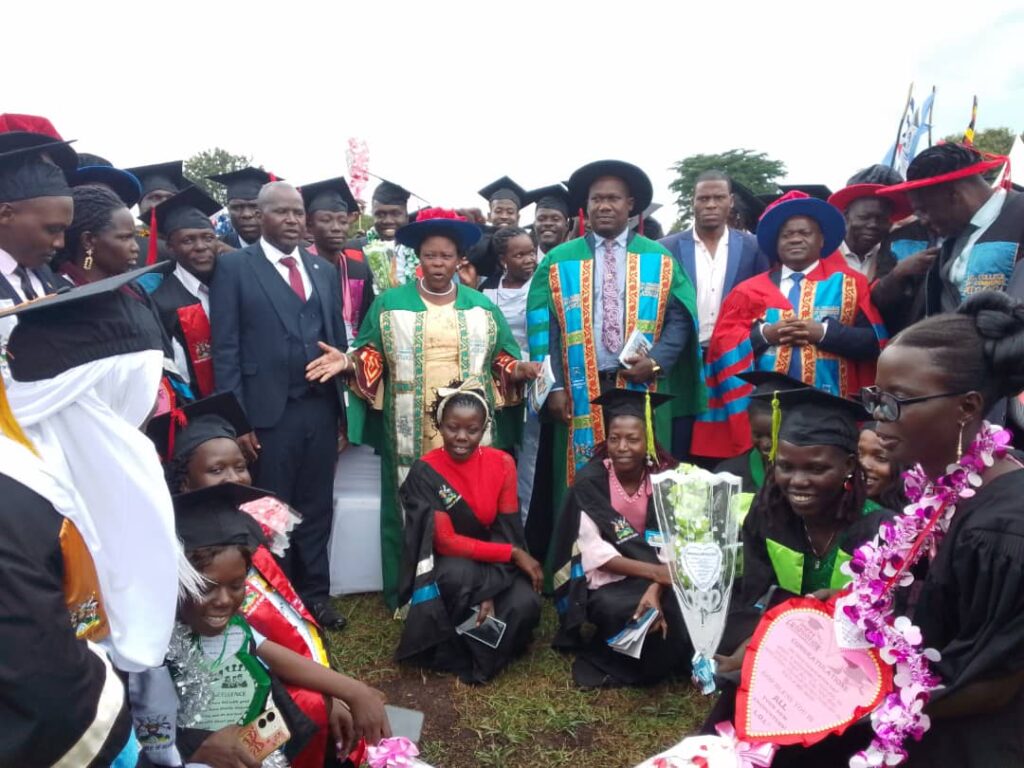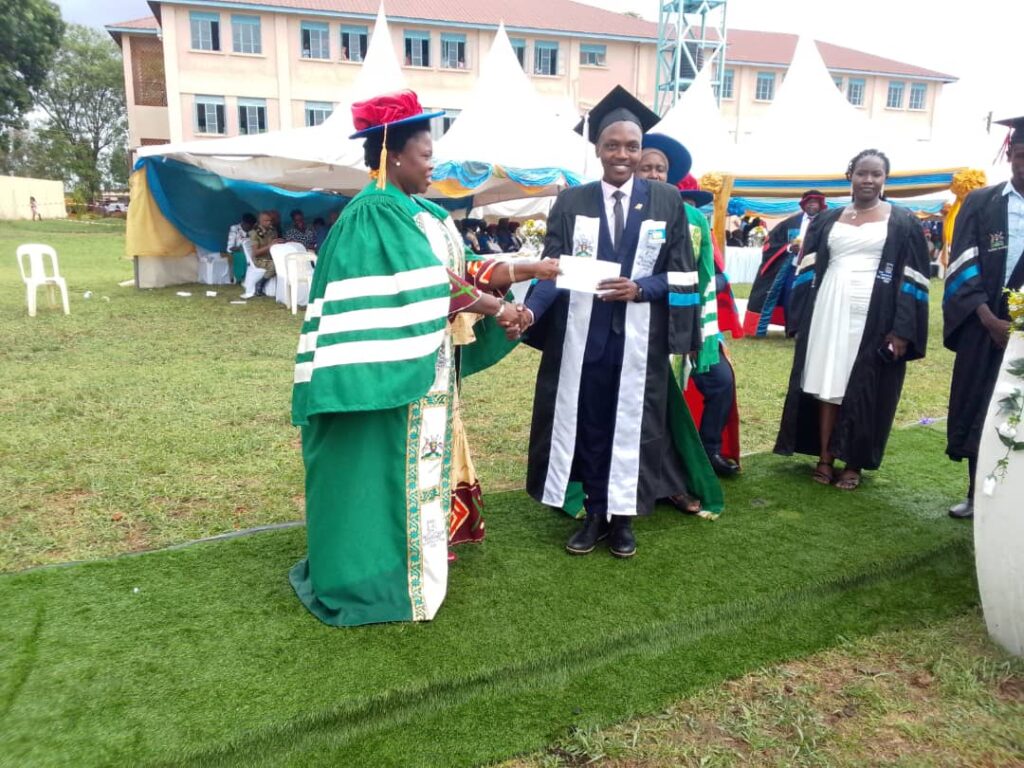
 Hot FM
Hot FM

 Hot FM
Hot FM
1 April 2025, 9:10 am
By Olomo Josua and Sarah Ejang

On 28 March 2025, the State Minister for Primary Education, Dr Joyce Moriku Kaducu, delivered a poignant address during the graduation ceremony of 1,500 students from Aduku UCC in Kwania district. Her speech focused on a pressing issue that has become a significant barrier to education in Uganda: the rising school fees in most schools.
This increase has placed an overwhelming burden on many families, limiting children’s access to education. Currently, only 26% of children are enrolled in primary school, highlighting a significant gap that requires urgent attention.
Dr Kaducu underscored the critical issue of high dropout rates, attributing this trend to the excessive costs associated with education.
As she highlighted, the financial strain on families is not only detrimental to individual students but also to Uganda’s overall literacy landscape, where the current literacy rate stands at 43%. The nation has set an ambitious goal of achieving 100% literacy, but without addressing these financial barriers, reaching that target remains increasingly elusive.

During her remarks, Dr Kaducu stressed the importance of affordability in education, insisting that school fees should not exceed reasonable limits. This sentiment was echoed by Irene Jane Anamu, Director of the Kamdini Institute of Health and Management Science in Oyam district. Anamu emphasised the urgent need for affordable school fees to prevent students from dropping out due to financial hardship. She highlighted how many families are struggling with the current fees, which directly impacts their children’s educational journey.
Moreover, Honourable Minister Dr Kaducu visited Kamdini Primary School, where she engaged with community members to understand the challenges they face regarding school fees and dropout rates. Her visit reinforced the need for local leaders to advocate for better educational resources and support systems, fostering an environment conducive to learning.
Jenet Proscovia Acan, a representative from the women’s council in Oyam district, also expressed concerns about the difficulties families face in affording school fees. She pointed out that the financial constraints could put many children at risk of dropping out, which poses long-term consequences for their communities.
In conclusion, the discussion surrounding school fees and dropout rates in Uganda requires a collaborative effort from all stakeholders. By working together, it is possible to create a more supportive educational framework that prioritises access and affordability, ensuring that every child has the opportunity to succeed.